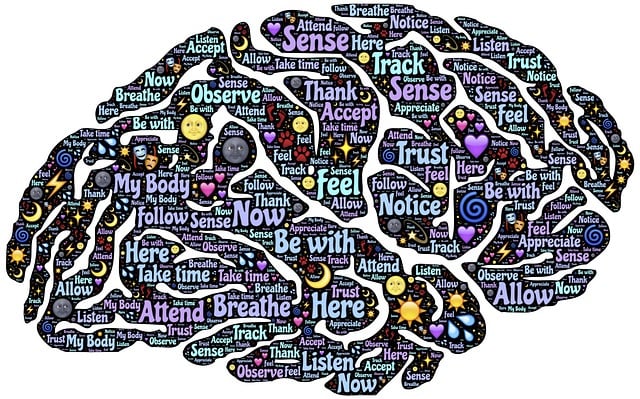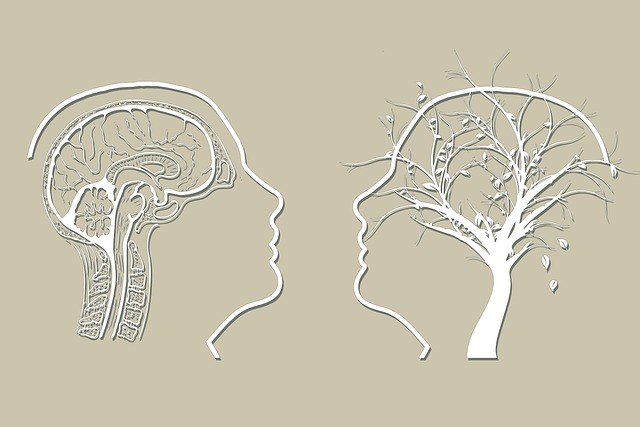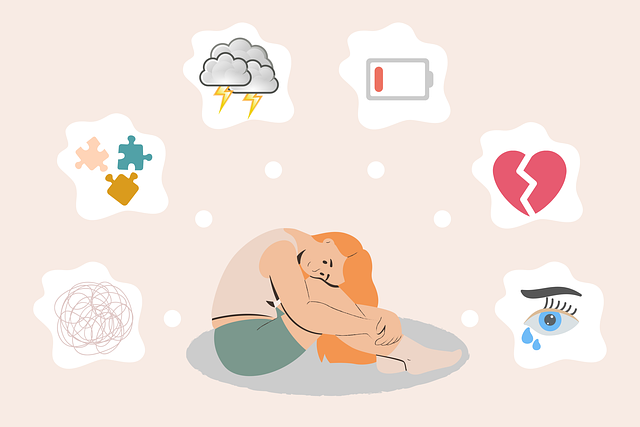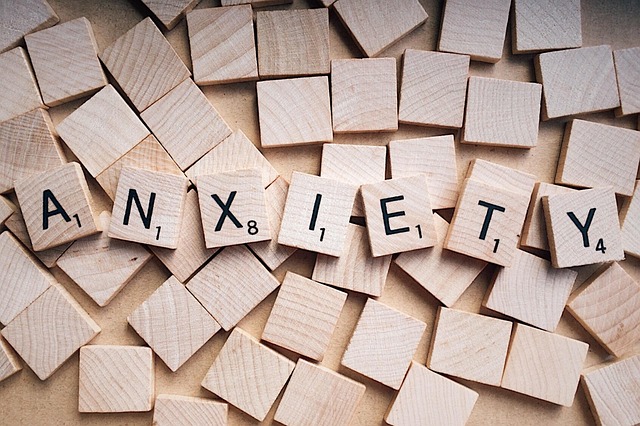Stress, triggered by daily factors like work and relationships, damages health, but management through self-care, meditation, and positive thinking improves mental well-being. Centennial Bilingual Therapy offers a unique approach combining therapy with bilingualism to address stress and anxiety symptoms, teaching coping strategies and destigmatizing mental health discussions. Prioritizing self-care, setting boundaries, and mindfulness practices are key, with professionals encouraged to integrate risk management planning for optimal well-being.
Stress reduction is a vital component of maintaining overall health and well-being. This comprehensive guide explores effective methods to combat stress, focusing on both traditional techniques and innovative approaches like Centennial Bilingual Therapy. By delving into the causes and impact of stress, we uncover strategies for daily management, offering practical tools to navigate life’s challenges. Discover how Centennial Bilingual Therapy provides a unique perspective, combining language and therapy to revolutionize stress reduction practices.
- Understanding Stress: Unveiling the Causes and Impact
- Centennial Bilingual Therapy: A Unique Approach to Stress Reduction
- Practical Strategies for Daily Stress Management
Understanding Stress: Unveiling the Causes and Impact

Stress is a complex emotional response that arises from various factors in our daily lives. It can be triggered by demanding situations at work, personal relationships, financial worries, or even unexpected life changes. Understanding the causes of stress is the first step towards effective management. When individuals experience stress, their bodies initiate a physiological response often referred to as the ‘fight or flight’ reaction. This involves the release of hormones like cortisol, preparing the mind and body for potential danger. While acute stress can be beneficial in certain situations, chronic stress can have detrimental effects on both physical and mental health, as supported by research from Centennial Bilingual Therapy.
The impact of prolonged stress includes increased anxiety, depression, fatigue, and even physical ailments such as high blood pressure and weakened immune systems. It can hinder one’s ability to think clearly, make decisions, and maintain healthy relationships. To counter these effects, promoting emotional well-being through various techniques is crucial. Developing a consistent self-care routine that incorporates activities like exercise, meditation, or engaging hobbies can significantly contribute to better mental health. Additionally, cultivating positive thinking patterns has been shown to be an effective strategy in reducing stress levels and enhancing overall resilience.
Centennial Bilingual Therapy: A Unique Approach to Stress Reduction

Centennial Bilingual Therapy offers a unique and innovative approach to stress reduction, focusing on the power of language and communication. By combining therapeutic practices with bilingualism, this method aims to address not just symptoms but also the underlying causes of stress and anxiety. The therapy is designed to help individuals navigate their emotional landscapes by fostering better expression and understanding of their feelings. This holistic approach is particularly beneficial for those who have struggled with traditional therapy methods, as it leverages the natural connection between language and mental health.
The process involves immersive experiences where participants engage in conversations, storytelling, and creative expression in two languages. This dual-language environment encourages new perspectives, enhances cognitive flexibility, and promotes emotional release. Mental Health Education Programs Design can be integrated into this therapy, teaching individuals how to recognize stress triggers and employ effective coping strategies. Additionally, Public Awareness Campaigns Development centered around bilingualism and mental health can further support the community by destigmatizing discussions on anxiety relief and encouraging more people to explore alternative healing methods.
Practical Strategies for Daily Stress Management

Managing daily stress is a vital aspect of maintaining both physical and mental health. At Centennial Bilingual Therapy, we recognize that stress can stem from various sources, including work pressures, personal relationships, and even our own thoughts and perceptions. Therefore, we offer practical strategies tailored to individuals’ unique needs. One effective approach involves setting boundaries; learning to say no when necessary prevents overwhelm. Additionally, prioritizing self-care activities like regular exercise, sufficient sleep, and engaging hobbies can significantly enhance one’s ability to cope with stress.
Embracing mindfulness practices such as meditation or deep breathing exercises has proven beneficial in Anxiety Relief and Emotional Well-being Promotion Techniques. These techniques encourage individuals to stay present, reducing the impact of worries about the future or regrets from the past. For mental health professionals, integrating Risk Management Planning into their practice is essential. This involves identifying personal triggers, developing coping mechanisms, and seeking support when needed to maintain a healthy work-life balance.
In light of the above discussions on stress reduction methods, it’s clear that a multifaceted approach is key. From understanding the root causes and impact of stress to exploring innovative therapies like Centennial Bilingual Therapy, we’ve seen diverse strategies for managing this universal challenge. Practical daily routines play a significant role in mitigating stress levels, offering individuals tools to navigate life’s complexities with greater resilience. By combining these methods, folks can foster mental well-being and enhance their overall quality of life.











